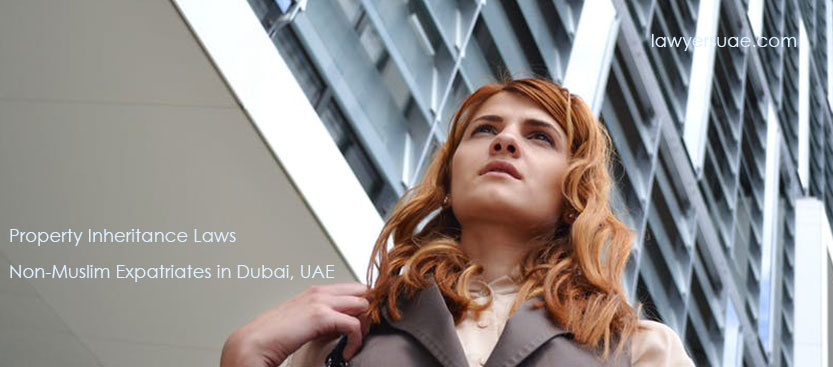Inheriting property and understanding complex inheritance laws can be daunting, especially in the unique legal landscape of the United Arab Emirates (UAE). This guide breaks down key aspects every person should know.
Key Aspects of Inheritance Law in the UAE
Inheritance matters in the UAE operate under principles from Islamic Sharia law, creating an intricate framework with special provisions based on one’s religious status.
Basis in Sharia Law
As an Islamic nation, the UAE bases its inheritance laws on guidance within Sharia legal doctrine. Some key structuring elements include:
- Structured distribution framework assigning heirs pre-defined shares
- Prioritization of male heirs in certain scenarios
- Specific fractional splits designated for family members depending on degree of relation
This creates a complex hierarchy for asset distribution upon a Muslim’s death.
Differentiation Between Muslims and Non-Muslims
UAE inheritance laws make certain delineations depending on one’s registered religious status:
Muslims: Subject to default Sharia principles
Non-Muslims: Can choose to have assets divided per their home country laws instead
Expats often opt for familiar secular rulings for clarity. But if one’s status is Muslim, their estate mandatorily gets allocated per Islamic guidelines.
Implications in The Absence of a Will
Without a will, a deceased’s assets get divided among heirs based on Sharia tenets. Outcomes could seem unfair or unfavorable depending on intent.
Potential issues:
- Assets going to distant relatives over spouse/kids
- Unclear heir hierarchies requiring court intervention
- Forced acceleration of asset transfers
Having a detailed will helps override default divisions and secure preferred distributions.
Property Ownership Structures in the UAE
Asset inheritance intricacies also interplay with nuances in the UAE’s property ownership formats.
Freehold vs. Leasehold Ownership
Two main classifications exist:
Freehold: Confers full ownership rights
Leasehold: Right to use property for designated lease period
Expat Ability to Purchase Property
In 2002, laws started allowing foreigners to purchase eligible freehold property:
- Select areas in Dubai, Abu Dhabi, Ajman, Ras Al Khaimah
- Usually apartments/townhouses rather than land
- Transaction values often higher
Expat Considerations:
- Limited selection areas
- Require designated visas
- Complex mortgage restrictions
So leasing remains more common for new expats.
Inheritance Implications
Both ownership structures have unique succession considerations:
Freehold: Can be willed/inherited freely per chosen legal system
Leasehold: Usually expires upon death and reverts to public trustees
So freehold property offers greatest future transfer flexibility.
Key Planning Steps for Property Owners
To control one’s assets, several proactive measures are advised around inheritance.
Have a Valid Will
A thoughtfully crafted will helps guarantee a person’s final wishes are honored. Critical elements include:
- Naming designated beneficiaries
- Assigning shares of assets or property
- Appointing executors to oversee estate settlement
Understand All Implications of Ownership
The intricate intersection of cultural norms, religious laws, civil code, and judicial precedent in the UAE creates a uniquely complex landscape.
Those owning or inheriting property should consult experts to decipher specifics around:
- Legal classifications
- Financing restrictions
- Visa requirements
- Inheritance applicability
Such guidance enables educated decisions fully aligned to one’s goals.
Embrace Comprehensive Estate Planning
Wills provide a strong foundation, but holistic preparations can further secure optimal outcomes, like:
- Detail all assets/accounts with contingent succession instructions
- Select guardians for underage children
- Confer financial/legal powers through Power of Attorney
- Establish trusts to control distributions over time
One should revisit arrangements periodically to keep the plan current.
Conclusion
When living or owning property abroad, the prevailing legal codes heavily influence inheritability. Within the UAE specifically, Islamic laws bring added complications absent in secular Western traditions. Hence local expertise is vital when purchasing assets or constructing legacy arrangements. Understanding core principles helps individuals make informed decisions that balance their wishes, values and the multi-textured realities in the Emirates. Though requiring some adjustment, with proper guidance, people can still achieve their long-term intentions.
Inheritance Lawyer – Call us now for an urgent appointment at +971506531334 +971558018669
